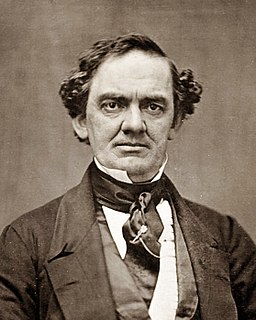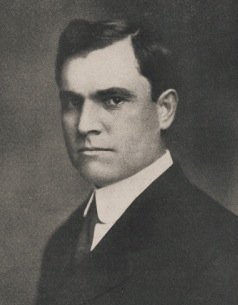A Quote by Johann Wolfgang von Goethe
The greatest piece of folly is that every man thinks himself compelled to hand down what people think they have known.
Related Quotes
On the one hand, man is a body, in the same way that this may be said of every other animal organism. On the other hand, man has a body. That is, man experiences himself as an entity that is not identical with his body, but that, on the contrary, has that body at its disposal. In other words, man's experience of himself always hovers in a balance between being and having a body, a balance that must be redressed again and again.
Every man who speaks out loud and clear is tinting the "Zeitgeist." Every man who expresses what he honestly thinks is true is changing the Spirit of the Times. Thinkers help other people to think, for they formulate what others are thinking. No person writes or thinks alone--thought is in the air, but its expression is necessary to create a tangible Spirit of the Times.
Such is the state of every age, every sex, and every condition: all have their cares, either from nature or from folly; and whoever, therefore, finds himself inclined to envy another, should remember that he knows not the real condition which he desires to obtain, but is certain that by indulging a vicious passion, he must lessen that happiness which he thinks already too sparingly bestowed.





































